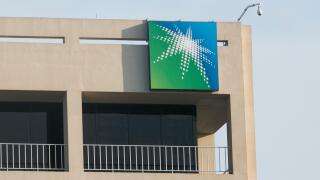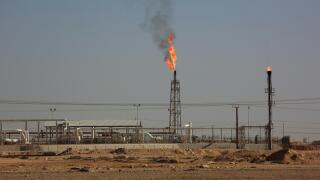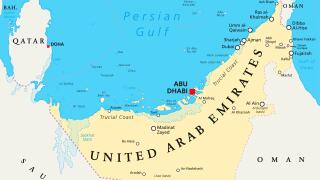Middle East Bonds
-
-
Demand was nearly twice the $800m size
-
Gulf issuer blasted through where leads had put fair value two days before
-
One investor expects the oil firm's triple tranche deal will price at least flat to the sovereign
-
The real estate firm's only sukuk has traded well since issued in February
-
Trade will test investor appetite for longer dated bonds, said one banker
-
Saudi Arabia is the only other Gulf sovereign to have raised in euros
-
Original note has traded well since launch in February
-
Pricing inside fair value, says lead
-
-
No premium needed for $750m seven year sale
-












